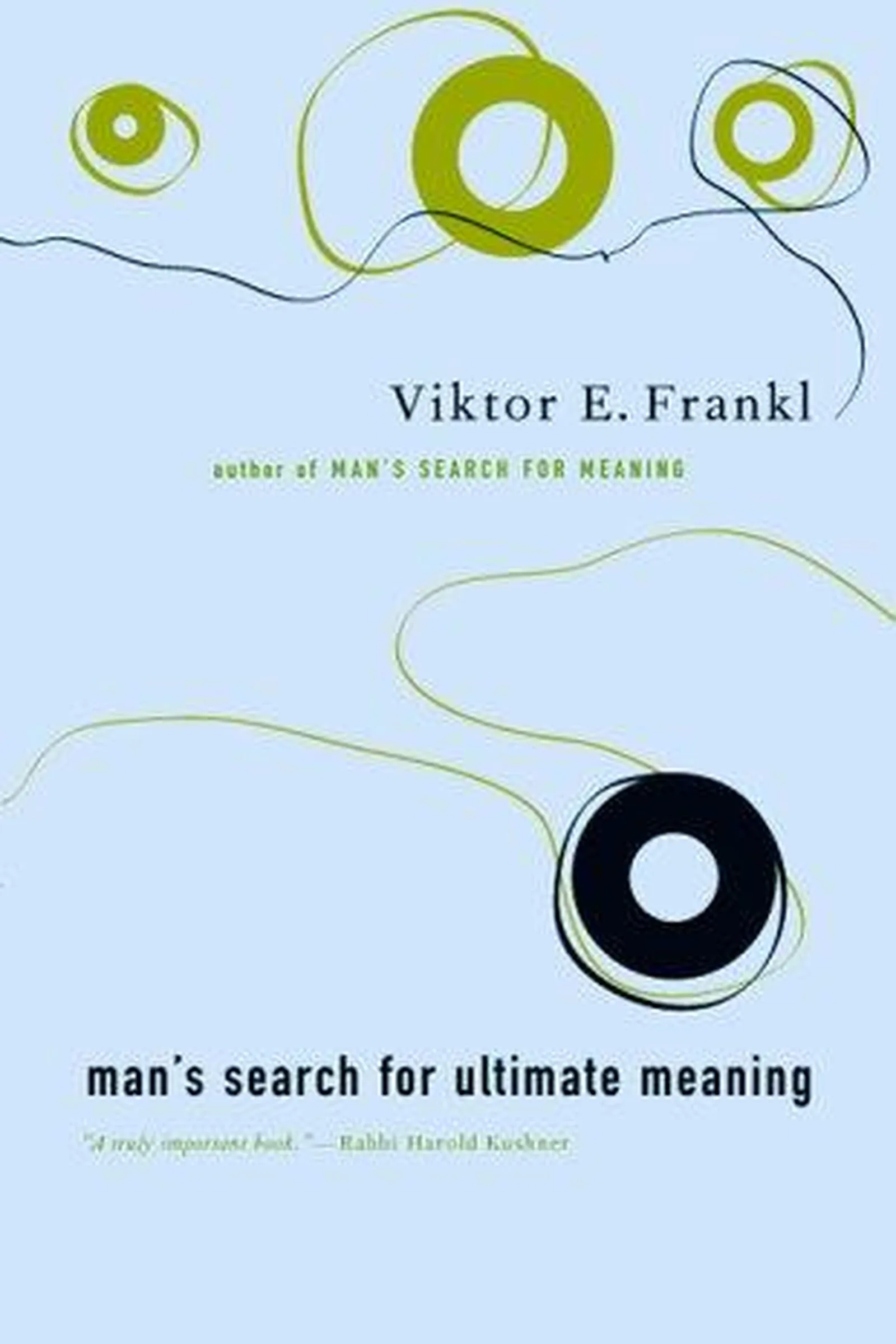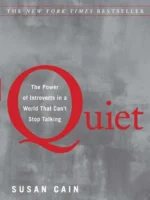Man’s Search for Meaning, Viktor Frankl, 1946
- Author: Viktor Frankl
- Genre: Mind & Soul
- Publisher: Beacon Press
- Publication Year: 1997
- Pages: 184
- Format: Paperback
- Language: English
- ISBN: 978-0807014271
- Rating: 4,4 ★★★★★
Man’s Search for Meaning Review
About
First published in 1946, Viktor E. Frankl’s Man’s Search for Meaning is one of the most influential psychological memoirs of the 20th century. Written after Frankl’s survival in Nazi concentration camps, it examines how humans endure unimaginable suffering by finding purpose. Part memoir, part philosophical treatise, it introduces logotherapy—the idea that the will to meaning, not pleasure or power, is the primary human drive. It’s a book that has saved lives, not by offering comfort but by offering responsibility.
Overview
The first half recounts Frankl’s experiences in Auschwitz and other camps: deprivation, randomness, and the daily negotiation with despair. The second half develops his psychological theory—how people who could attach meaning to suffering were more likely to survive it mentally, even when physically broken. Frankl writes not as a victim but as an observer, analyzing suffering with startling clarity. His tone is calm, moral, and deeply humane, showing that freedom exists even within confinement.
Summary
(light spoilers) Frankl’s narrative is unsparing: hunger, loss, and cruelty rendered without sentimentality. Yet amid horror, he observes that those who retained a sense of purpose—a memory, a loved one, a task—were spiritually free. In the camps, survival depended not only on chance but on meaning. The second part outlines logotherapy, which helps patients discover personal purpose even in hardship. The book closes with Frankl’s conviction that life never stops offering meaning; even pain, guilt, and death can be transformed into achievement, responsibility, and courage.
Key Themes / Main Ideas
• Meaning as survival — purpose sustains the spirit.
• Freedom of attitude — choosing one’s response even in suffering.
• Responsibility — life demands that we answer its questions, not the other way around.
• Hope and dignity — human spirit as the final frontier.
• The search itself — meaning as process, not destination.
Strengths and Weaknesses
• Strengths — Profoundly moving, concise, and intellectually rigorous.
• Strengths — Frankl’s insights bridge psychology, philosophy, and faith with grace.
• Weaknesses — The second half, though rich, feels more academic after the raw power of the memoir.
• Weaknesses — Some modern readers may find logotherapy dated, but its essence remains timeless.
Reviewed with focus on themes, audience, and takeaways — Viktor E. Frankl
| pa_author | Viktor Frankl |
|---|---|
| ISBN | 978-6-126-70559-7 |
| pa_year | 1963 |
| Pages | 331 |
| Language | English |







